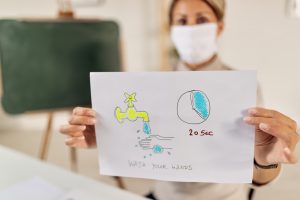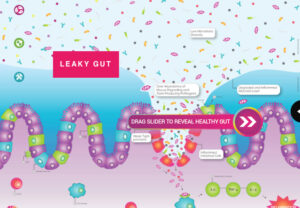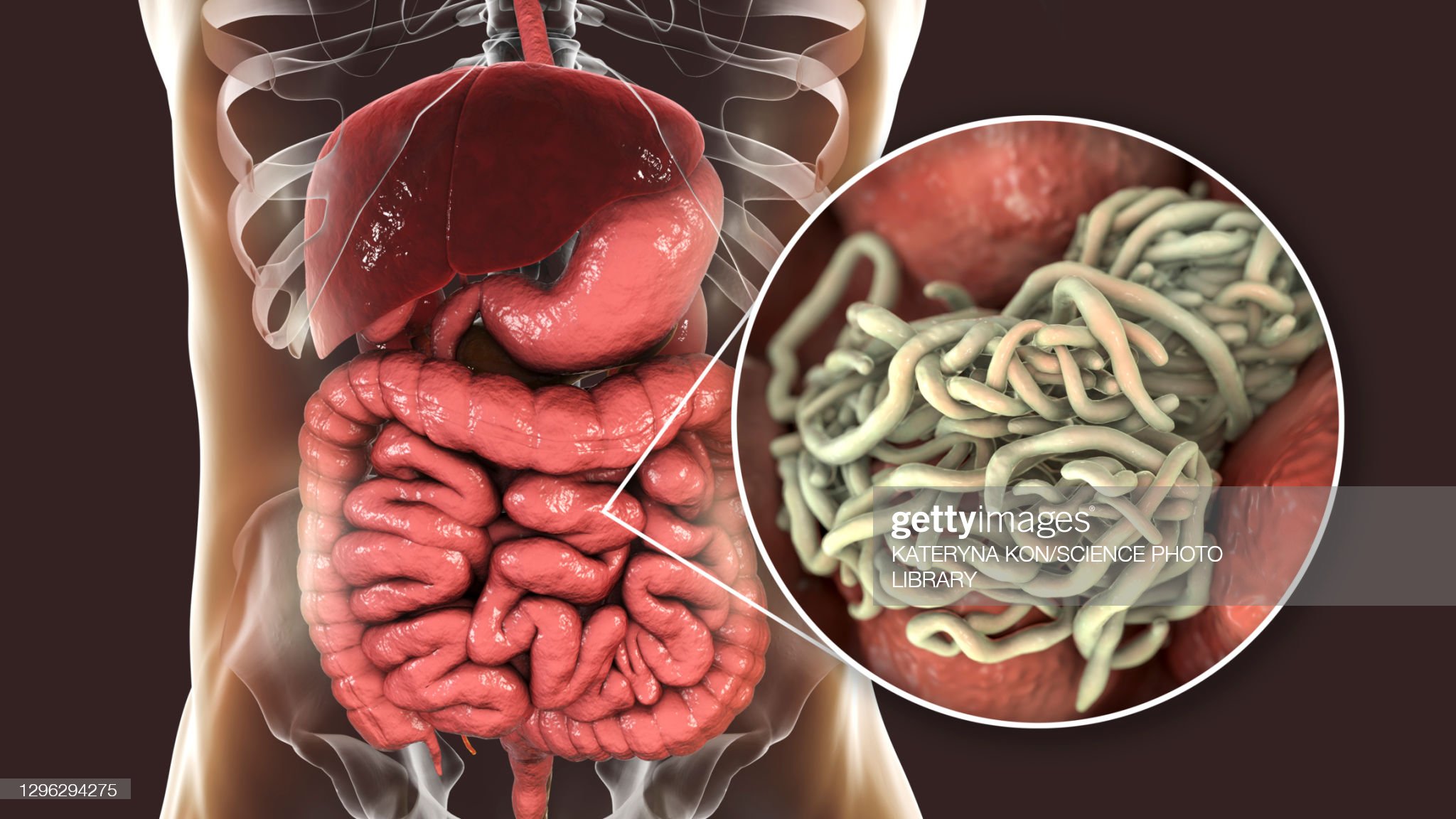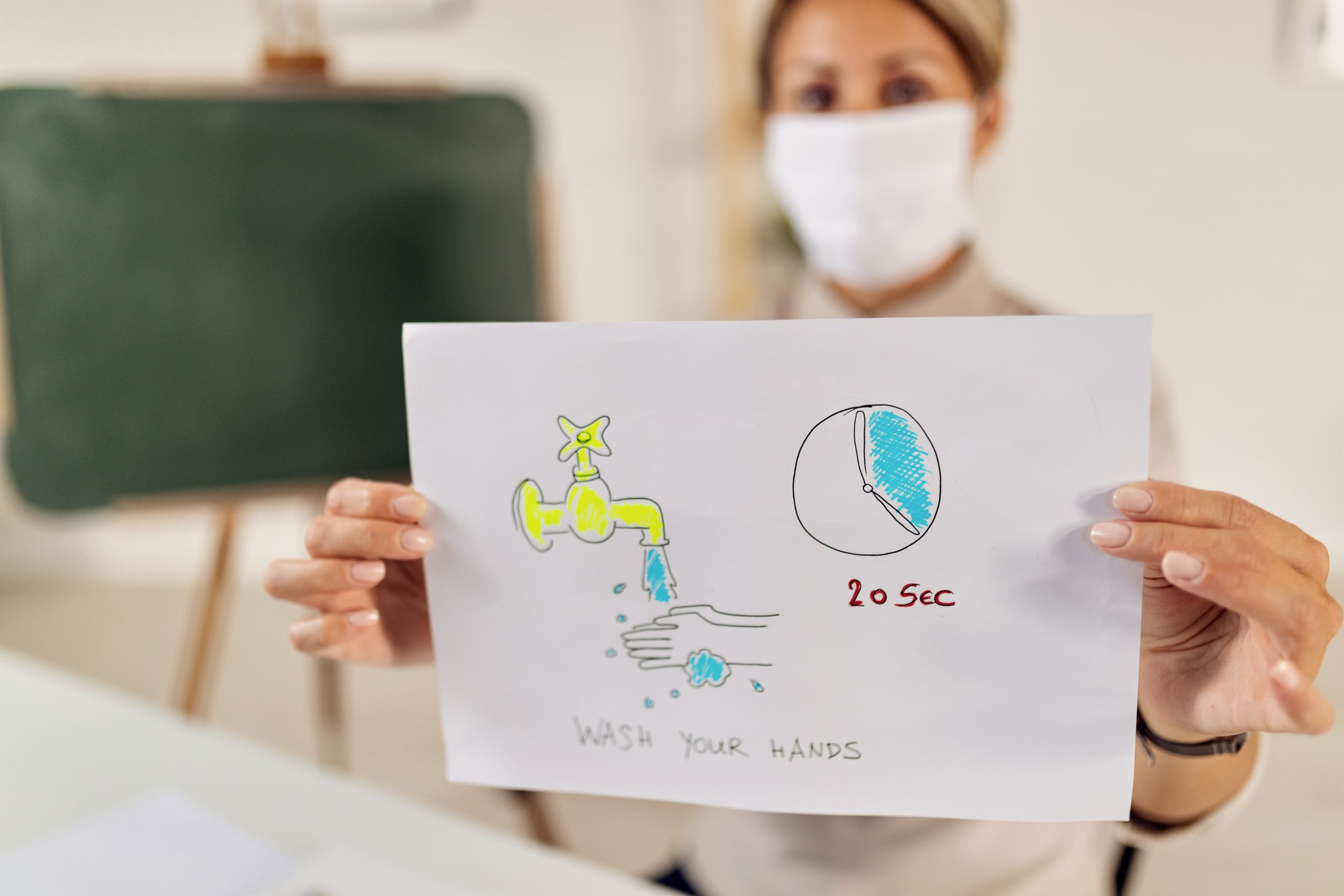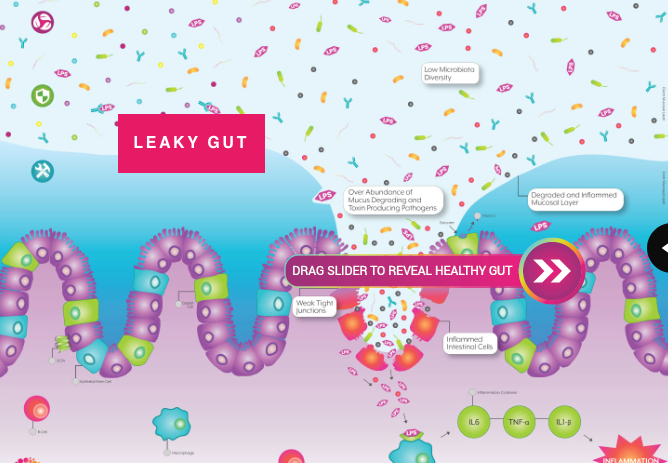New York City has been identified as the new Wuhan of the USA coronavirus pandemic. Coronavirus cases in the state surged up to 92,381, thus surpassing the number of cases recorded in China’s Hubei province, where the virus was first reported in December of last year. New York Governor Andrew Cuomo made a statement that nCov-19 is more dangerous than we expected. He has admitted to having underestimated the effects of the virus, which has claimed over 7,000 people and infected 250,000 more, in the United States as of press time.
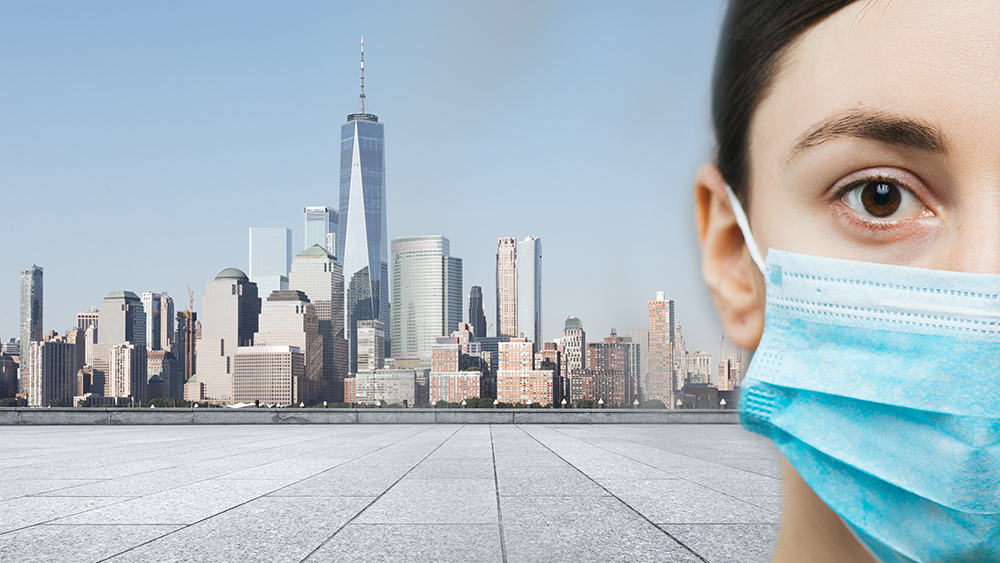
THE NEW YORK TIMES reported that most cases of the Wuhan coronavirus (COVID-19) in the US have occurred in states along both U.S coastlines, but now one of them — New York — has emerged as the U.S. “epicenter” for the disease. As reported by CNBC, New York City now accounts for nearly half of all coronavirus cases in the country.
According to Cuomo, the range of available models suggested that New York state has around seven to 21 days to prepare for the worst part of the pandemic — and that time frame is now closing down. Cuomo, in his statement, said the state-owned Javits Center has been turned into a 2,500-bed emergency medical facility, which is set to be run by the US Army, noting that the building’s conversion was done so as to augment the capacity of the state’s hospital system.
As part of his plan to address the upcoming surge in patients, Cuomo also said he will be implementing a state-wide burden-sharing plan for all hospitals, which is meant to distribute patients over the state’s entire web of medical systems in order to avoid overloading facilities with patients.
According to Cuomo, the plan is designed to work in the following manner: when one of New York City’s 11 public hospitals becomes “overrun,” patients will be transferred to another public hospital immediately. The same holds true for private hospitals.
“The distinction of private-public, that has to go out the window. We are one healthcare system,” Cuomo stated.
The state’s dwindling resources have even come to a point wherein healthcare workers are being told to keep their face masks — which are meant to be disposed of after use — for up to five days. “In the last week, it has been day and night. Imagine when we get to the apex where we’ll be,” a resident from Brooklyn, who spoke on condition of anonymity, said in an interview with NBC.
“If they’re telling me to keep this mask for five days, do we really have enough PPE? Are they going to say next to keep it for 10 days?” the resident stated. Arabia Mollette of Brookdale University Hospital and Medical Center in Brooklyn shared the same sentiment.
“We are scared. We’re trying to fight for everyone else’s life, but we also fight for our lives as well, because we’re also at the highest risk of exposure,” Mollette, a doctor, said in a Reuters interview.
As of present, the number of doctors, nurses and other healthcare workers who have been infected by the coronavirus in New York state is steadily rising. Two nurses have been confirmed to have died.
Wall Street has also seen the most rapid 30% SELL-OFF in history over coronavirus outbreak, surpassing Great Depression’s plunge.
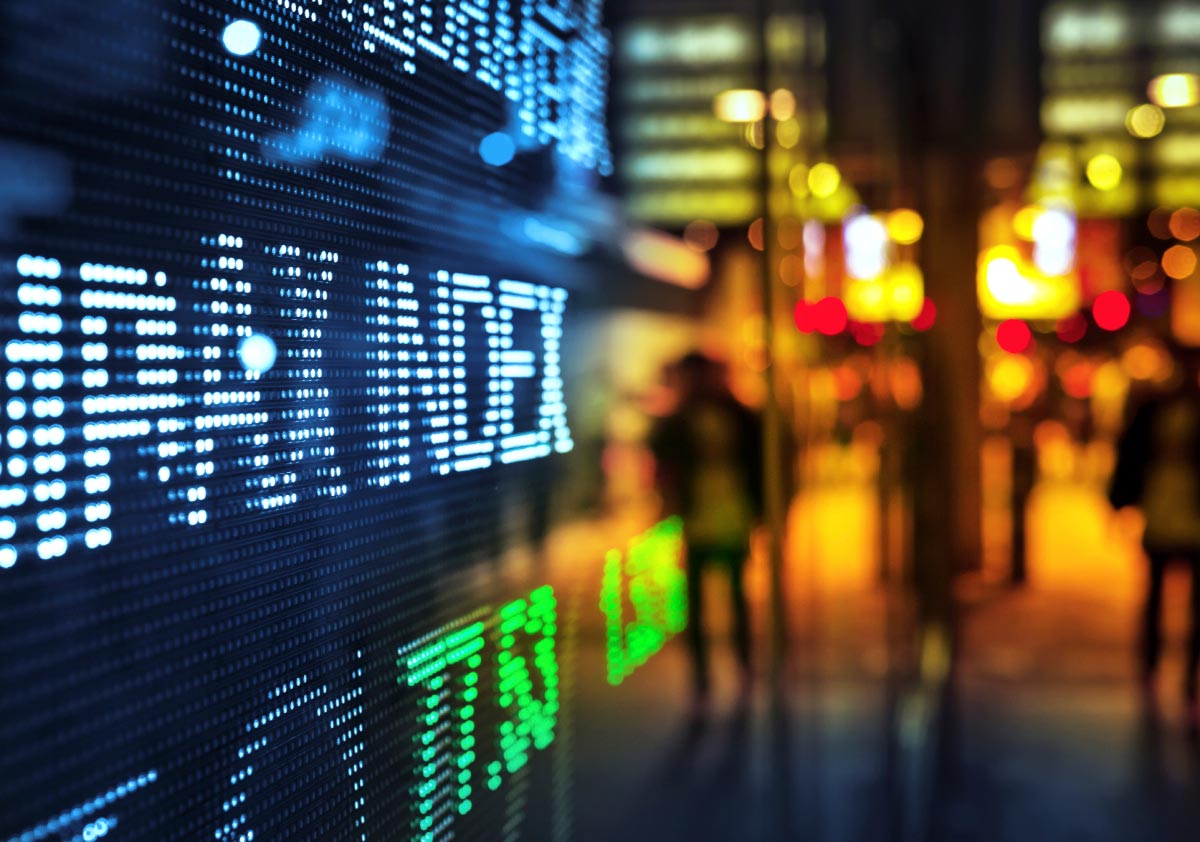
If you were thinking that the Wuhan coronavirus (COVID-19) really isn’t that big of a deal and that people are making way too much of it, we don’t really know whether or not that’s true yet. What we are experiencing is that financial experts — people who make their living trading and forecasting stocks on Wall Street — sure think so. We see panic in the US and around the world.
Major banks have also been forced to close amid coronavirus outbreak. Banks throughout the US are closing their branches as they shift toward drive-through and ATM operations in response to the rising number of coronavirus cases in the country. One of these banking establishments is JPMorgan Chase & Co, which closed several of its branches earlier last week.
It’s not looking pretty in the US right now according to what is coming out in the airwaves. In South Africa, the cases are low as we enter the outbreak stage. If people practice social distancing, wear proper masks and implement the basic risk guidelines, we should be able to manage the storm. However, what we not seeing is this happening in the informal settlements where life carries on as normal. Could this be our ticking time bomb if not managed with greater urgency.
Sources include:
CNBC.com
ABC7NY.com
ABCNews.go.com
NBCNews.ccom
Reuters.com
NYTimes.com
TheGuardian.com




